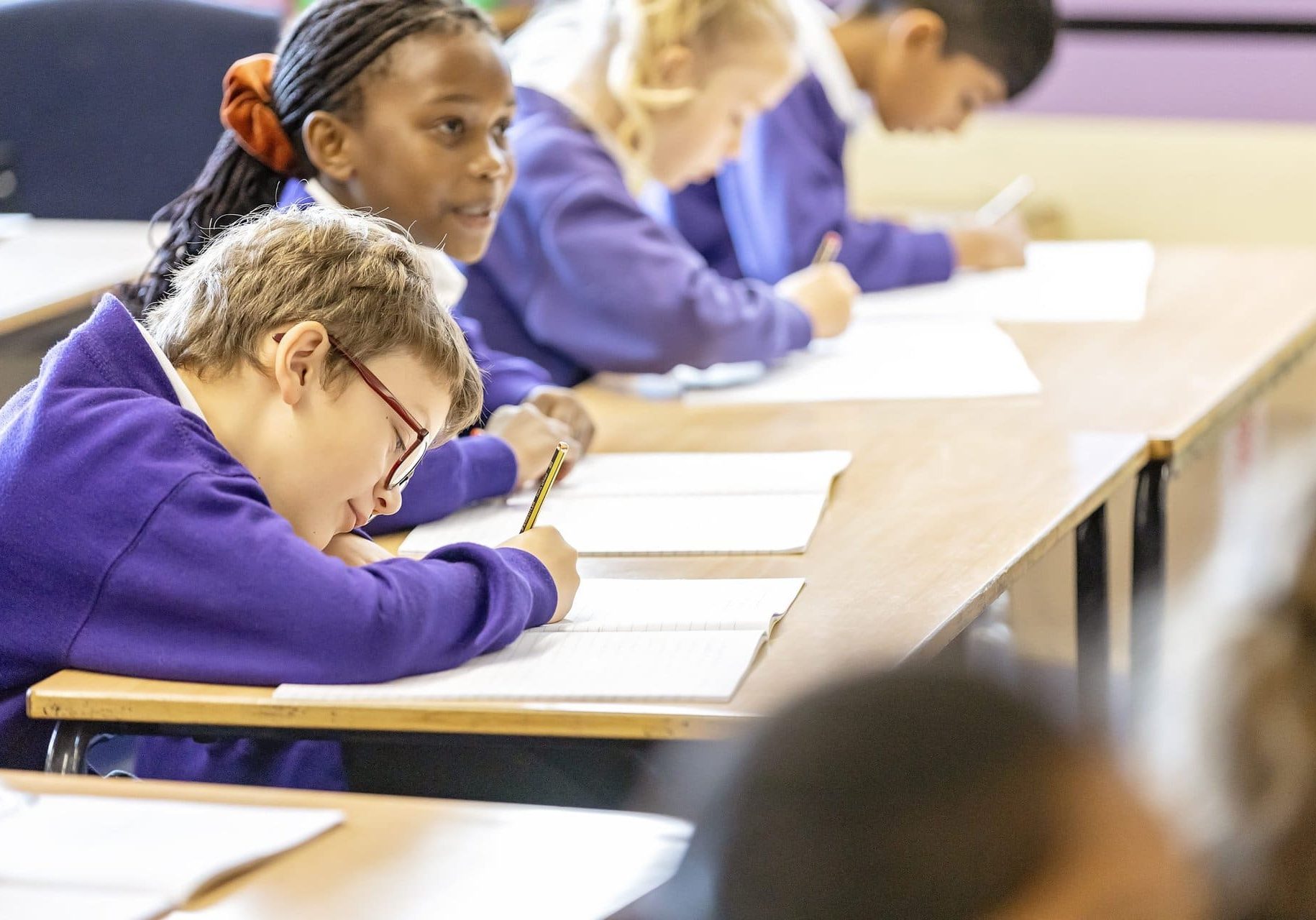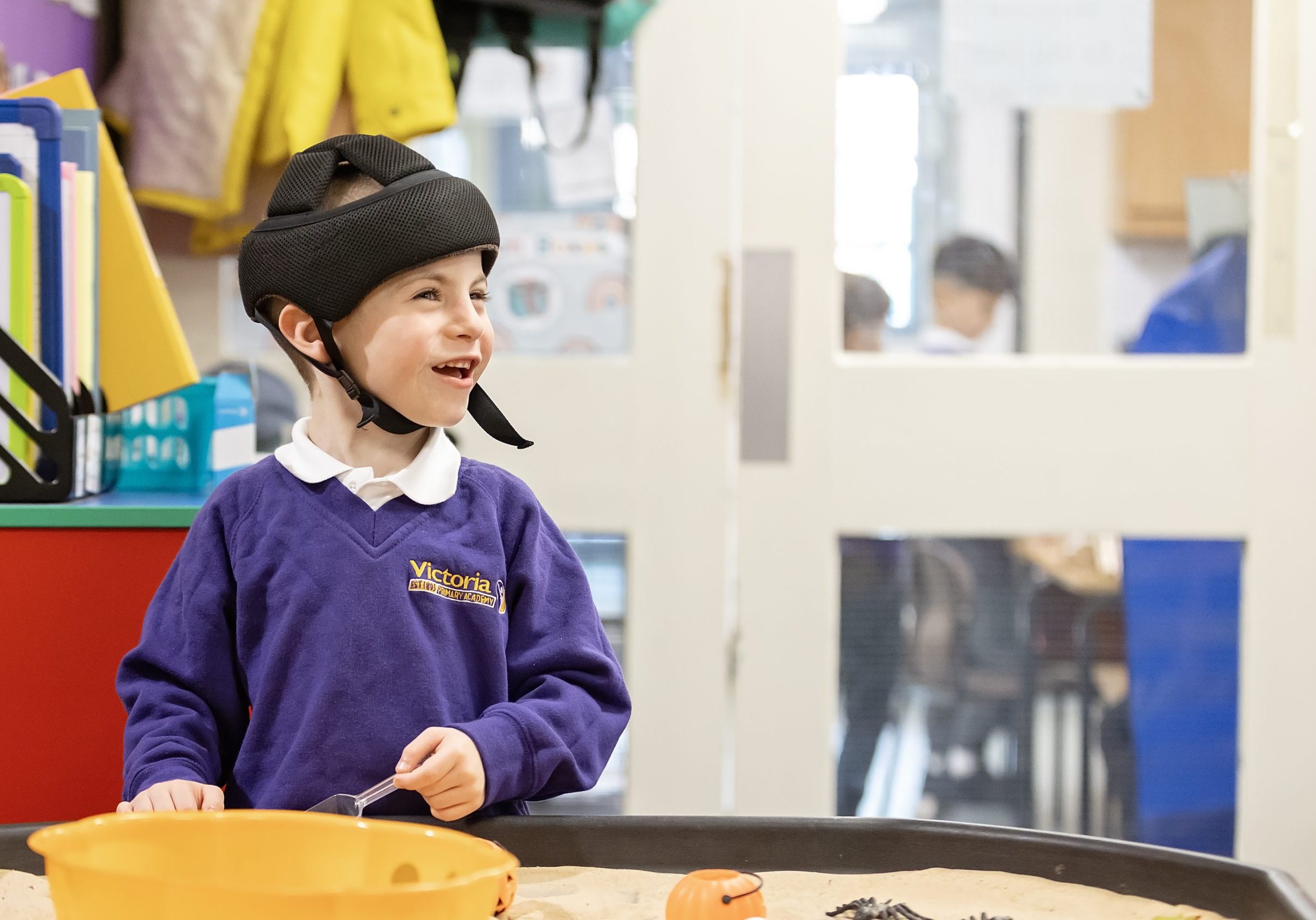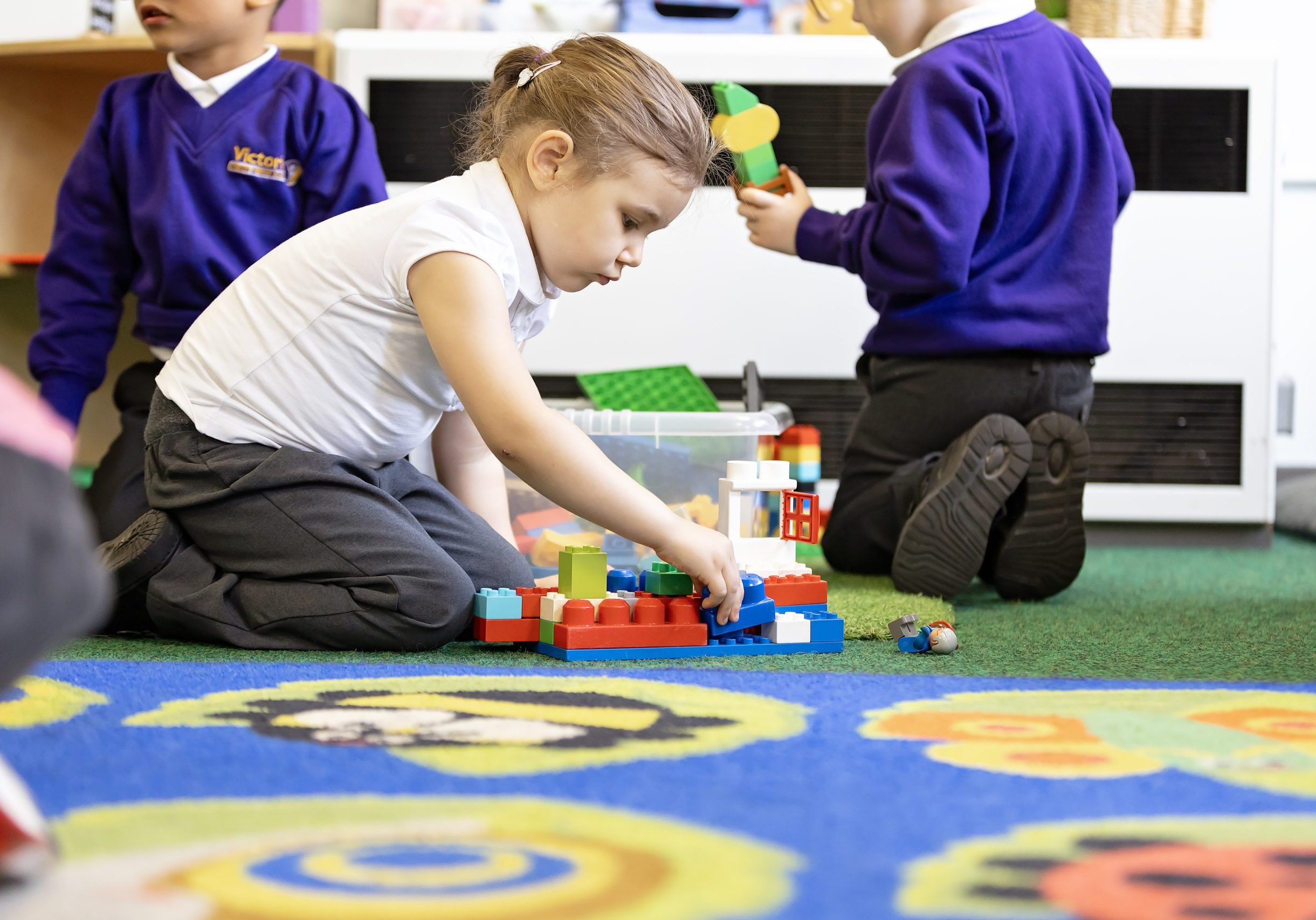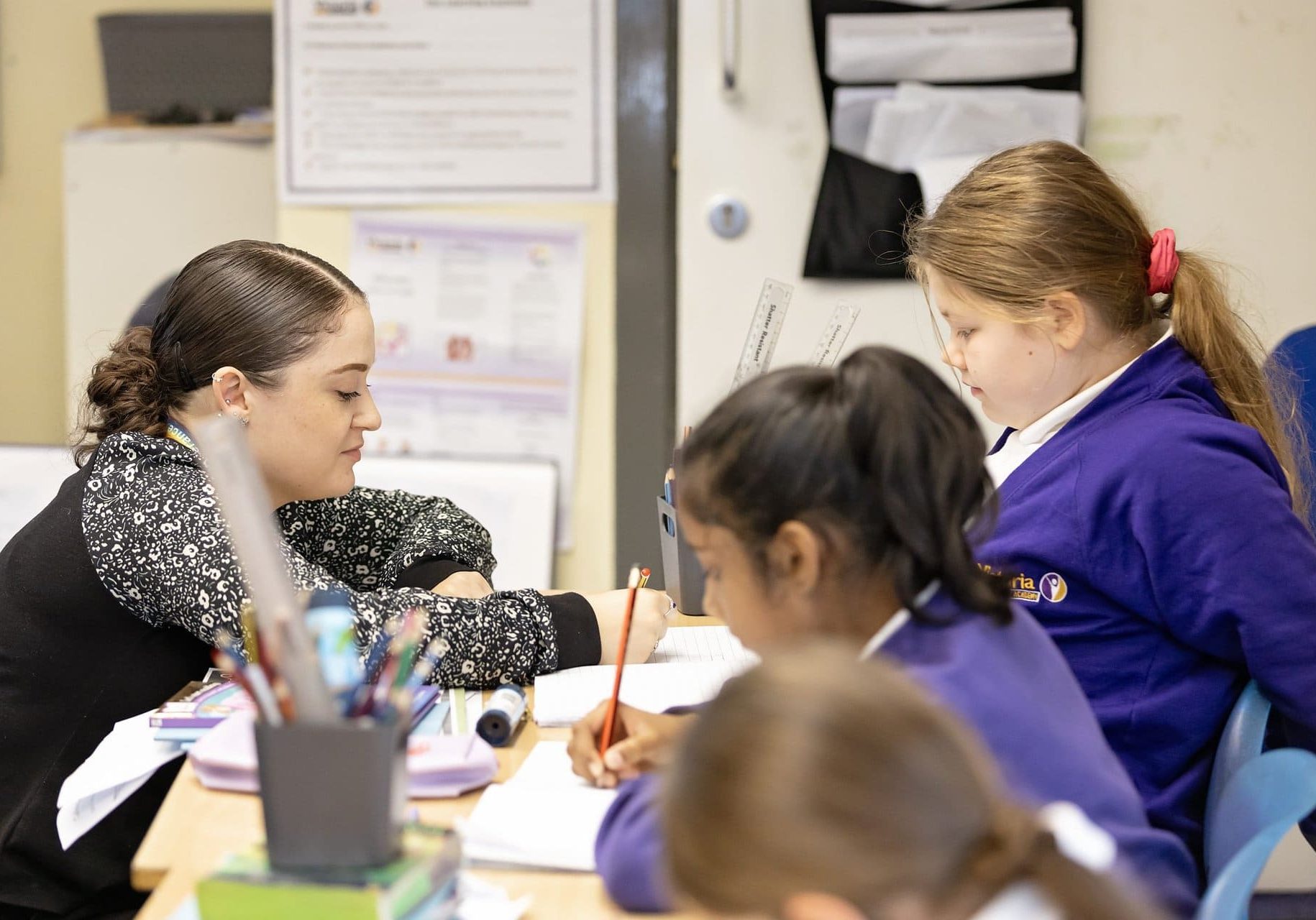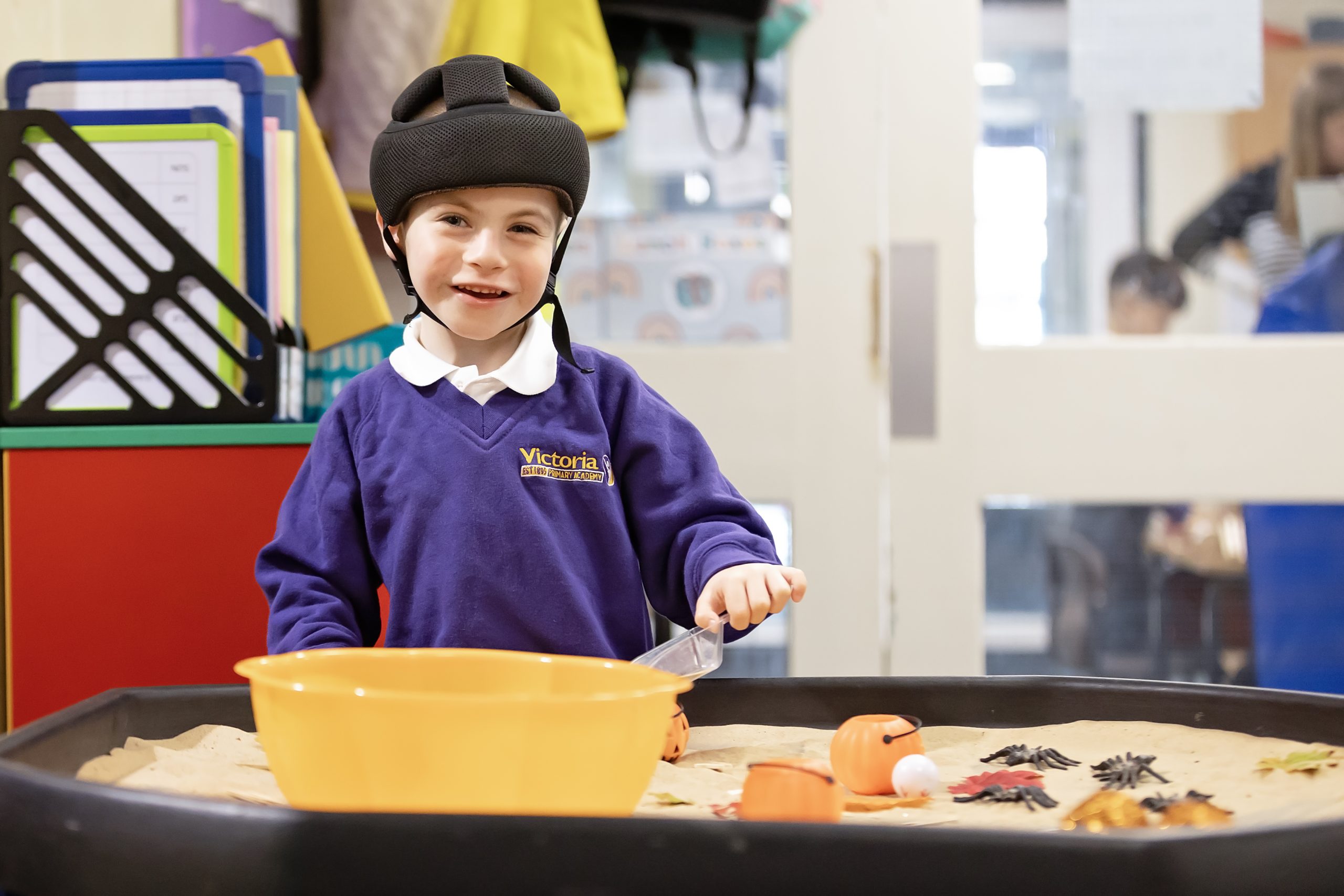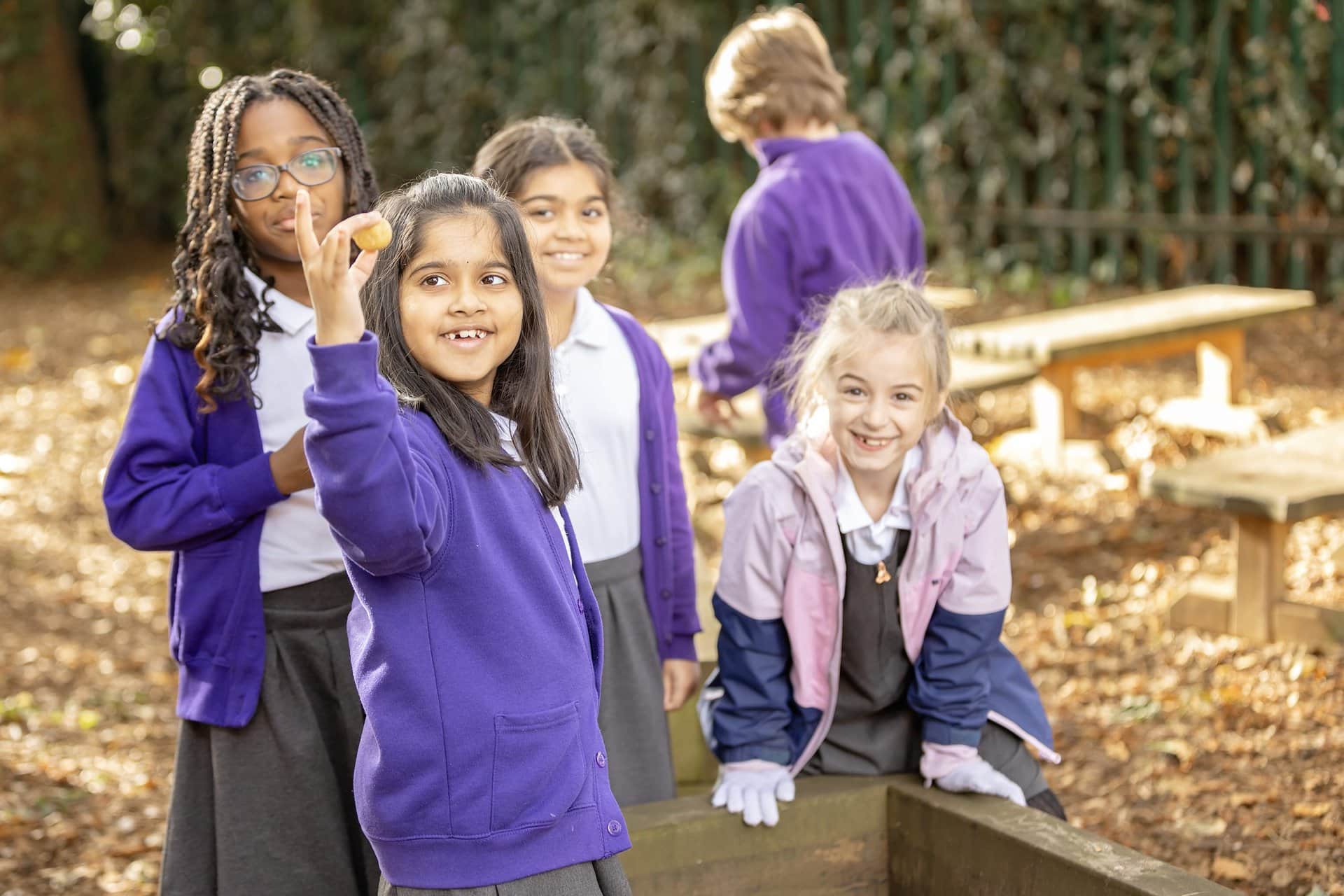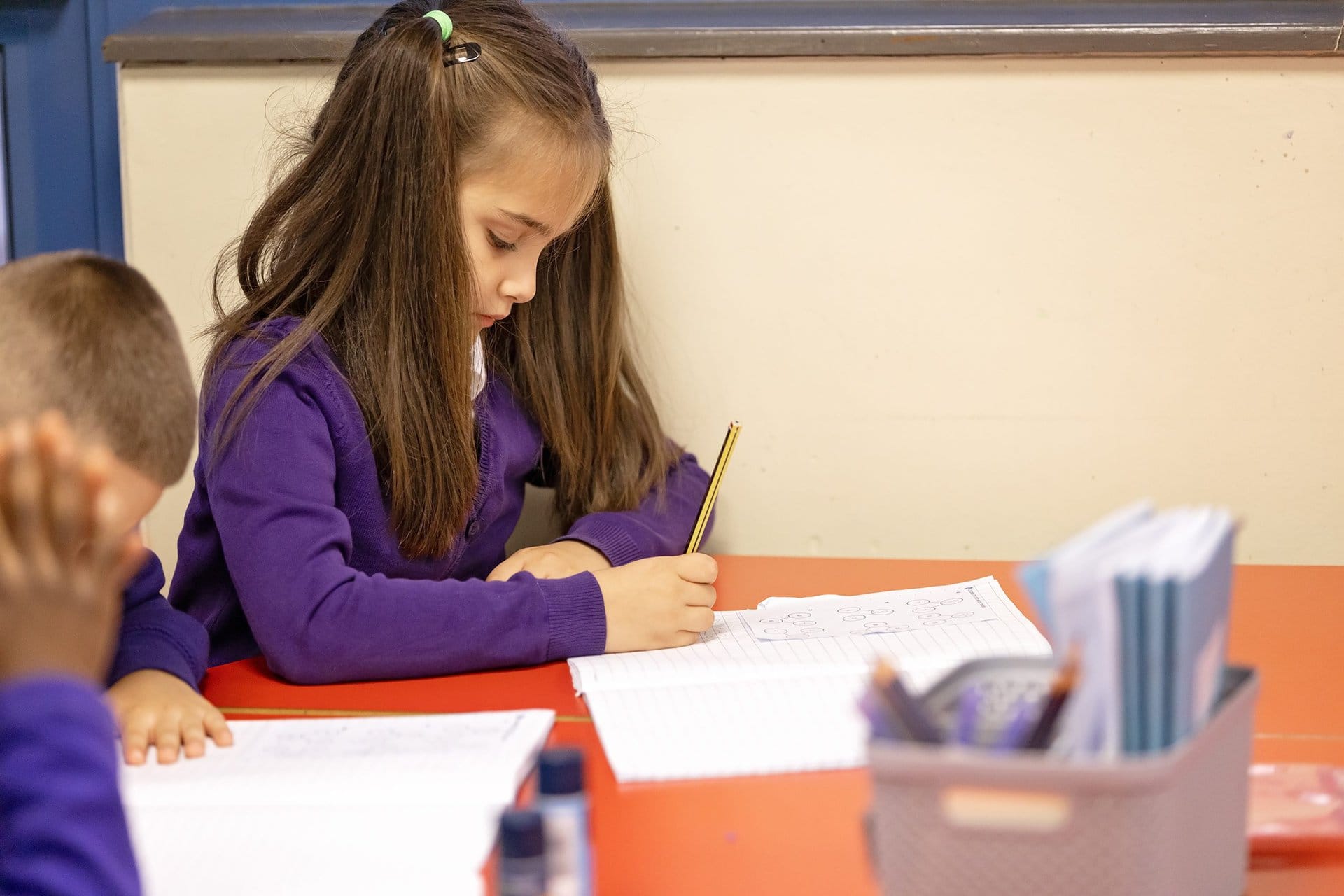Geography
Curriculum Intent
Geography is an integral part of providing a broad and balanced curriculum at Victoria Primary Academy, significantly contributing to igniting and sustaining curiosity and a love of learning to last a life time. We aim to equip pupils with a knowledge of diverse places, people, resources and natural and human environments. Children will gain an understanding of the Earth’s physical and human processes and how these interact and impact the formation and use of landscapes and environments.
We follow the CUSP Geography curriculum. The guiding principle of CUSP Geography is that “each study draws upon prior learning. For example, in the EYFS, pupils may learn about People, Culture and Communities or The Natural World through daily activities and exploring their locality and immediate environment. This is revisited and positioned so that new and potentially abstract content in Year 1 can be put into a known location and make it easier to cognitively process. This substantive knowledge is used to remember and position the locations of continents and oceans, with more sophisticated knowledge. High volume and deliberate practice is essential for pupils to remember and retrieve substantive knowledge and use their disciplinary knowledge to explain and articulate what they know. This means pupils make conscious connections and think hard, using what they know.
CUSP Geography is built around the principles of cumulative knowledge focusing on spaces, places, scale, human and physical processes with an emphasis on how content is connected and relational knowledge acquired. An example of this is the identification of continents, such as Europe, and its relationship to the location of the UK.
CUSP Geography equips pupils to become ‘more expert’ with each study and grow an ever broadening and coherent mental model of the subject. This guards against superficial, disconnected and fragmented geographical knowledge. “
At Victoria Primary Academy we tailor Geography provision to maximise on the use of an enquiry based approach within our locality and through field trips, actively involving children collecting geographical data.
Geography plays a vital role in supporting the Victoria Values of respect and responsibility both in our locality and as global citizens. It is fundamental to growing independent confident future citizens with skills, knowledge and personal qualities who can make a positive contribution to their community.
Geography plays an essential role in broadening and enriching pupil’s vocabulary, working both independently and in groups to communicate geographical information. By following the CUSP curriculum specific and associated geographical vocabulary is planned sequentially and cumulatively from Y1 to Y6. High frequency, multiple meaning words (tier 2) are taught and help make sense of subject specific words (tier 3). Each learning module in geography has a vocabulary module with teacher guidance, tasks and resources.
Curriculum Aims:
At Victoria Primary Academy children will:
- Develop knowledge and location of globally significant places – both terrestrial and marine
- Define physical and human characteristics of these places and how these provide a geographical context for understanding the actions of processes
- Understand the processes that give rise to key physical and human geographical features of the world, how these are interdependent and how they bring about spatial variation and change over time
Use geographical skills to:
- collect, analyse and communicate with a range of data gathered through experiences of fieldwork that deepen their understanding of geographical processes
- interpret a range of sources of geographical information, including maps, diagrams, globes, aerial photographs and Geographical Information Systems (GIS)
- communicate geographical information in a variety of ways, including through maps, numerical and quantitative skills and writing at length.
Minimum Standards
Teaching a Broad and Balanced Curriculum for education recovery DfE June 2021 states:
In all key stages, to make sure pupils have gained adequate knowledge of different places, teaching can explore a few well-chosen locations in some depth. Prioritising the regular use of atlases and maps can reinforce pupils’ locational knowledge and their sense of place. Geographical fieldwork remains important throughout key stages 1 to 3. Please see the Schools coronavirus (COVID-19) operational guidance - GOV.UK (www.gov.uk) for the Department for Education’s latest advice regarding educational visits.
At key stage 1:
- Key knowledge and skills, including basic locational knowledge such as the names and locations of the world’s continents and oceans, should be the focus to address missed education and provide the basis for knowledge that will be needed later.
At key stage 2:
- Curriculum adjustments should prioritise critical underpinning knowledge, such as weather and climate, geology, topography, trade links, and natural resources and their distribution. Schools might choose to teach these concepts using an example of a region (for example, the Amazon rainforest). These aspects of geography, as well as locational knowledge, are fundamental to pupils’ understanding of the interconnectedness of geography, as seen for example through biomes, or the location and development of settlements. A secure grasp of this underpinning knowledge will ensure that they are ready to learn subsequent knowledge about human and physical processes.
At Victoria Primary Academy:
- Teaching and planning needs to demonstrate activities to develop locational, place, human and physical geography knowledge, geographical skills and fieldwork.
- Planning is based on the CUSP Framework that is linked back to and goes beyond the National Curriculum for Geography. It allows for depth of understanding and opportunities to make links between learning in geography and other curriculum areas.
- The CUSP units are progressive and build on and consolidate previous learning.
- Pupils use the COWWS or HOTCLUB acronym to support them in structuring how they describe a geographical location.
- Maps, globes and interactive maps are used regularly to support pupils in developing mapping skills.
- All classes will have a permanent geography display that should be referred to regularly. This includes key vocabulary for the year group and previous year groups, a globe and a world and UK map. The display will be updated to reflect global events in the news and illustrate cross curricular links.
- Pupils with additional needs are supported to access the learning as appropriate depending on their need. Pupils with physical disabilities may need access to specialist tools or resources. Obstacles to accessing field work activities need to be considered. Some pupils will benefit from pre teaching of key vocabulary. Some pupils may benefit from additional time or support from an adult to complete their work.
Subject Leader
For more information, please contact the Geography Subject Leader:
Mrs N Walmsley
walmsleyn@

